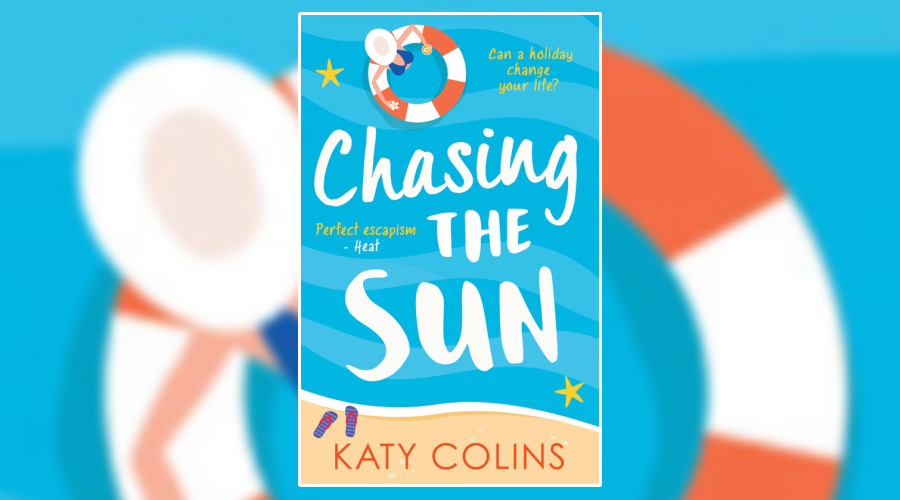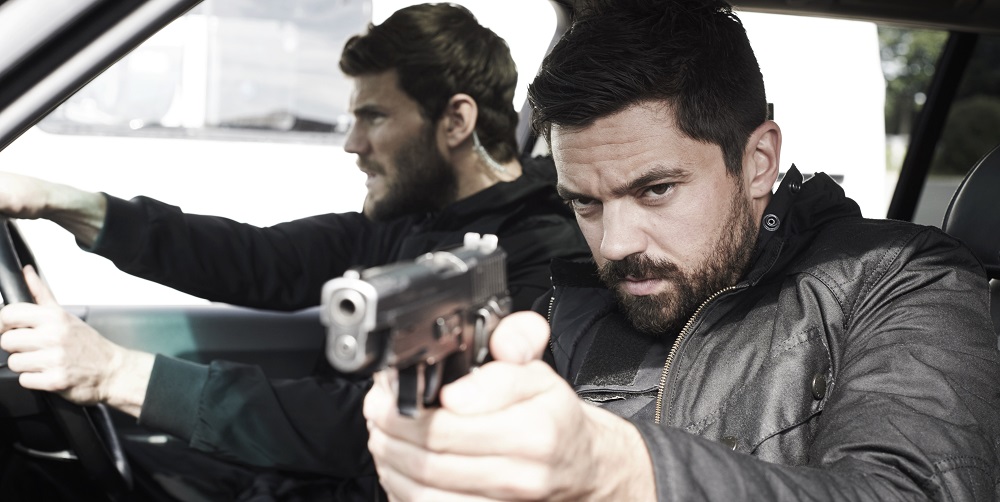Game of Thrones Season 7 review: Entertaining, but hollowed out
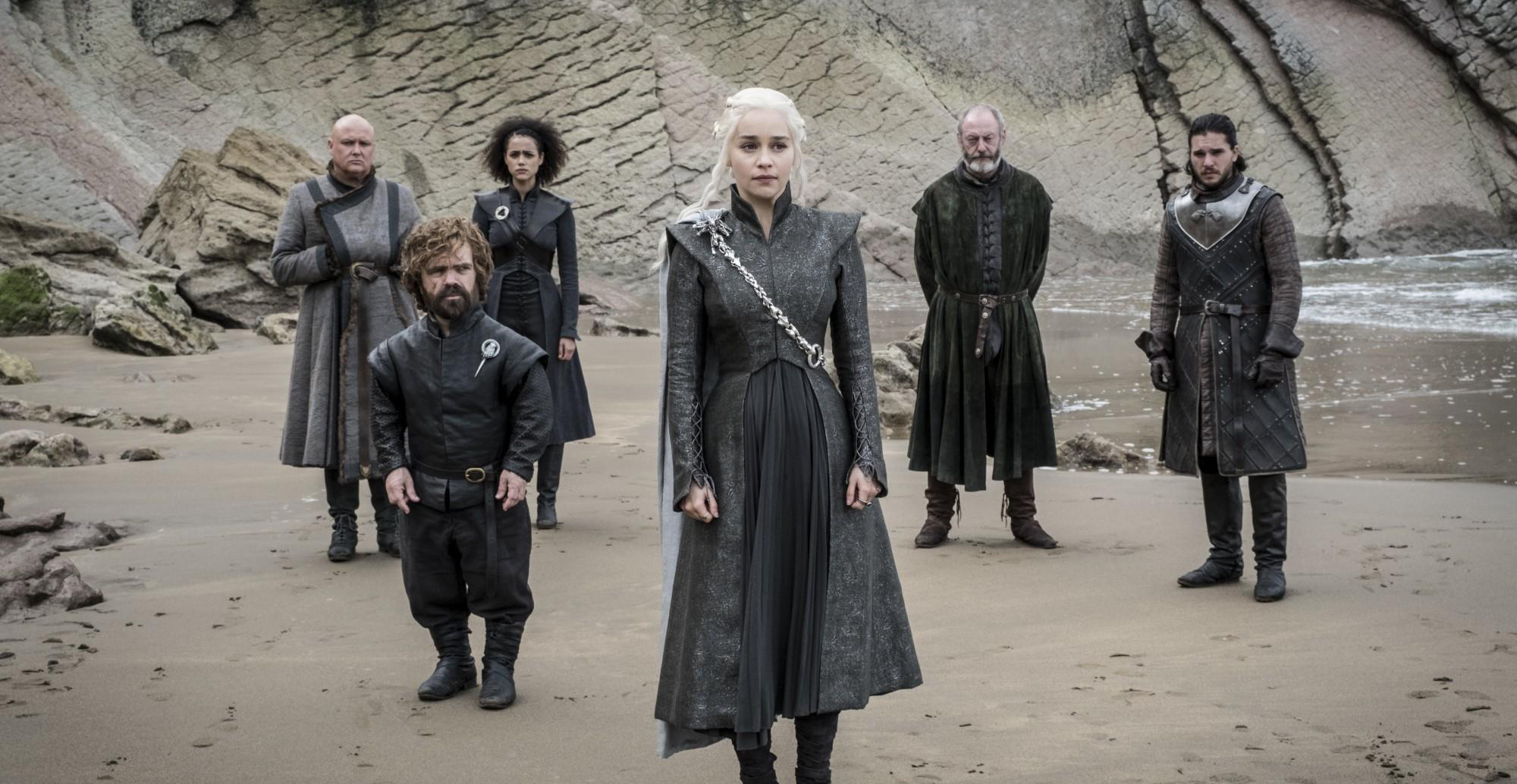
By this point, it’s been a few days since the finale aired. The episode reviews I do for Game of Thrones are done having watched the episode twice in the space of a day, but they’re still in the heat of the moment. With Netflix shows, the process is slightly different – with it all crammed into one, there aren’t really episodes, only, as House of Cards calls it, ‘chapters’ of the story – but with regular, once-a-week television, those 7 days in between are time for the episode to bed in. The same can be said once the season’s over. The reaction immediately isn’t always the reaction a few days after.
It isn’t always the same, but in this case, it’s pretty similar: Thrones has changed. We’ll come to whether that’s for better or worse – though you probably know my opinion if you’ve read any of my reviews of the show recently, and even then, it’s still a matter of perspective – but it isn’t the same show it used to be. Except, perhaps that’s not true. Or rather, it depends on what version of the show you’re comparing it to. Certainly, this is a very different show to that we saw in season 1, or really any of the first four seasons. But looking back, many of the flaws I’ve seen – that a growing number of viewers have seen – are ones that I saw in ‘Battle of the Bastards’ and elsewhere in season 6, and are flaws that were occasionally visible in season 5 too.
So perhaps what’s changed isn’t the issues, but instead, what they’re built on. Season 5 might have had problems with narrative choices – Sansa being married off to Ramsey, for one – but they were built on the strong foundations of the show until that point. But by now, season 5 is the foundation; how much of the show now, apart from the threat of the White Walkers, relies on events from before that point? So much has happened to Jon since his murder; his role as King in the North, by the Battle of the Bastards, by his chemistry with Dany, by the Night King, and now by the revelations of his parentage and lineage. It’s almost irrelevant to his character arc now, yet that murder was the final scene of season 5. The show as it exists now is firmly detached from the source material, and it shows.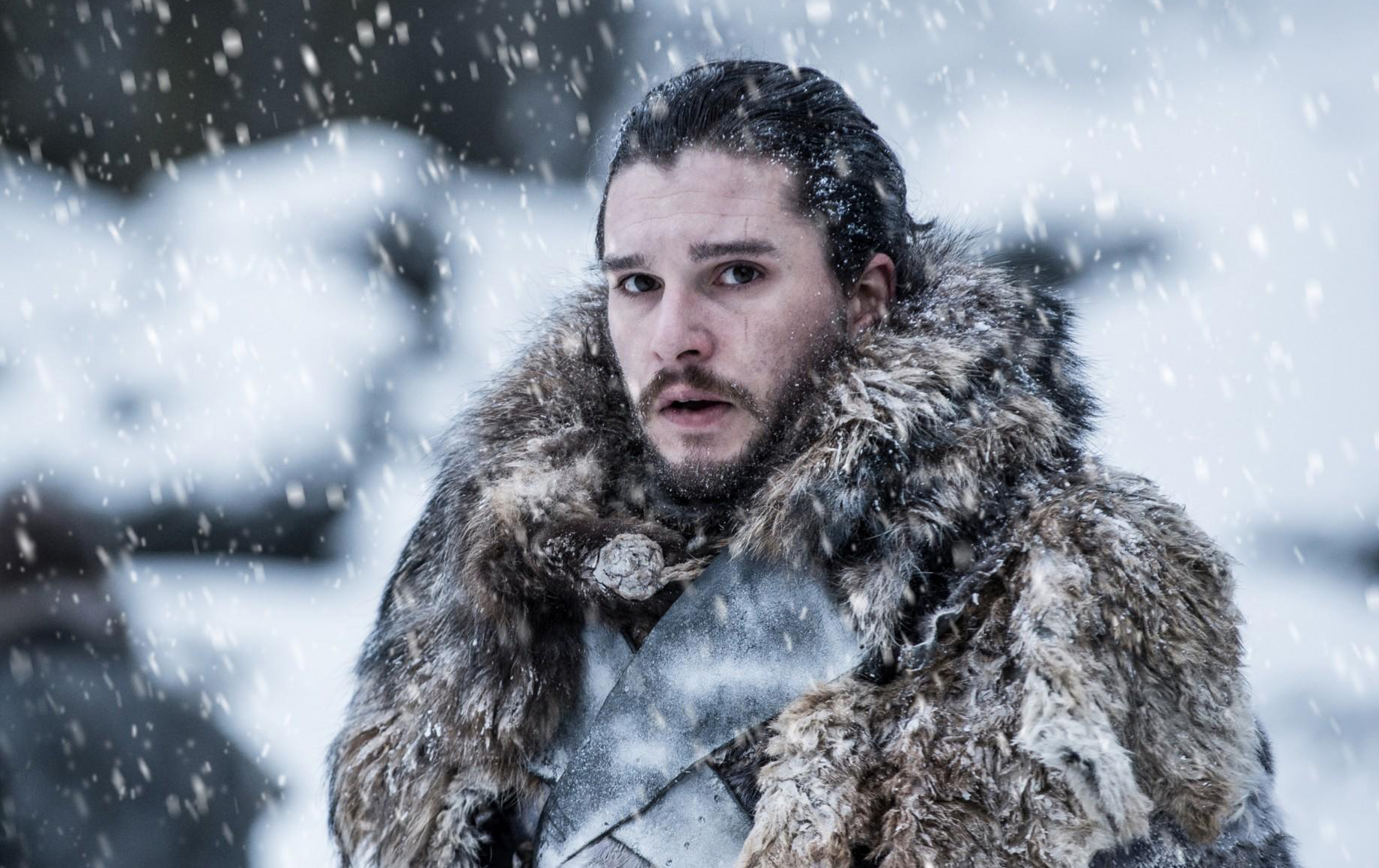 The obvious, unavoidable flaw is the one that everyone saw coming: less episodes, means less screen-time, means a quicker pace. With only 7 episodes for season 7, and only a six episode season 8 to come too, it either meant a shorter narrative with a similar pace, or a similar length narrative, with a quicker pace. Thrones was never going to choose the former. It has, however, committed absolutely to that breakneck speed. Now, almost every episode is explosively dramatic; battles and moments that were previously once a season, are now nearly once an episode, and on a scale that actually exceeds those older events such as the Battle of the Blackwater, such is the budget on which the show now operates. Yet, that action-packed nature has left everything feeling a bit hollow. If the ‘important’ parts of an episode can’t be cut, then it follows that what is cut is unimportant. And in a certain sense, that’s true.
The obvious, unavoidable flaw is the one that everyone saw coming: less episodes, means less screen-time, means a quicker pace. With only 7 episodes for season 7, and only a six episode season 8 to come too, it either meant a shorter narrative with a similar pace, or a similar length narrative, with a quicker pace. Thrones was never going to choose the former. It has, however, committed absolutely to that breakneck speed. Now, almost every episode is explosively dramatic; battles and moments that were previously once a season, are now nearly once an episode, and on a scale that actually exceeds those older events such as the Battle of the Blackwater, such is the budget on which the show now operates. Yet, that action-packed nature has left everything feeling a bit hollow. If the ‘important’ parts of an episode can’t be cut, then it follows that what is cut is unimportant. And in a certain sense, that’s true.
In the grand scheme of things, portraying a journey isn’t so necessary. It matters more to the plot that someone reaches their destination, rather than showing how they got there. Yet this approach, the teleportation-like method of season 7, would have significantly changed, say, season 1. No journey time there means we don’t get the execution of Lady in place of Nymeria, nor do we get to see the true, grovelling face of Joffrey, or have the Hound run down Mycah the Stableboy. The first talks between Ned and Robert about the threat of Daenerys and Visery – pacified by the rolling hills and treelines of the Kingsroad – would have had to take place in the serious atmosphere of King’s Landing and the Small Council Chamber. Elsewhere, it would diminish the beginning of the friendship – or at least, the banter – between Tyrion and Bronn, so that Bronn’s decision to fight for Tyrion at the Vale could only be opportunistic, his first step on the road to Ser Bronn of the Blackwater, rather than opportunism mixed with friendship.
But that’s what we got with Season 7. The Unsullied are shown trapped at Casterly Rock at the end of episode 3, ‘The Queens Justice’, stuck on land after the teleporting Greyjoy fleet sprung an ‘RKO outta nowhere’ despite having travelled the exact same route from Blackwater Bay to get there. Do we see any of their journey back to the fray; how on earth they manage to source enough food to survive a march of however many men they had, across the entire width of Westeros, from one coast to another? No, because the next and only time we see them again, is a brief shot of Grey Worm’s face outside the walls of King’s Landing. I choose that particular instance over many others, because it’s one that would genuinely be intriguing to consider: the whole point of the Unsullied, the whole importance of them, is their ‘restraint’. They do not rape or pillage, as we are told in season 3. Yet the only way I could imagine to feed an entire army for that kind of journey would be to steal from those they encounter, and even that would surely struggle to feed them.
With winter encroaching, there is emphasis put on the value of food elsewhere. Sansa instructs the lords of the North and the Vale to begin stockpiling at Winterfell. Yet the whole nature of how the Unsullied get from A to B is overlooked, and they simply turn up in the final episode, as if nothing had happened. Because, as far as season 7’s narrative goes, nothing did happen. They just got there, and that’s all that matters. Realism – that is, adherence to the internal code of the show’s simulacra, rather to ‘reality’ as we perceive it non-fictionally – is an all-or-nothing idea in fiction. Either you factor it in permanently and unerringly, or the moments when you don’t break all present and future tension. Until season 5, Thrones was famed for having that kind of realism, where a situation was what it looked like it was. Characters reaped what they sowed. Since then, it has been far from the case, and the result is far worse than had it not bothered about realism in the first place. Jon’s continued survival in increasingly improbable circumstances is so egregious because it can be compared to a time when that kind of fantasy wasn’t what the show was about.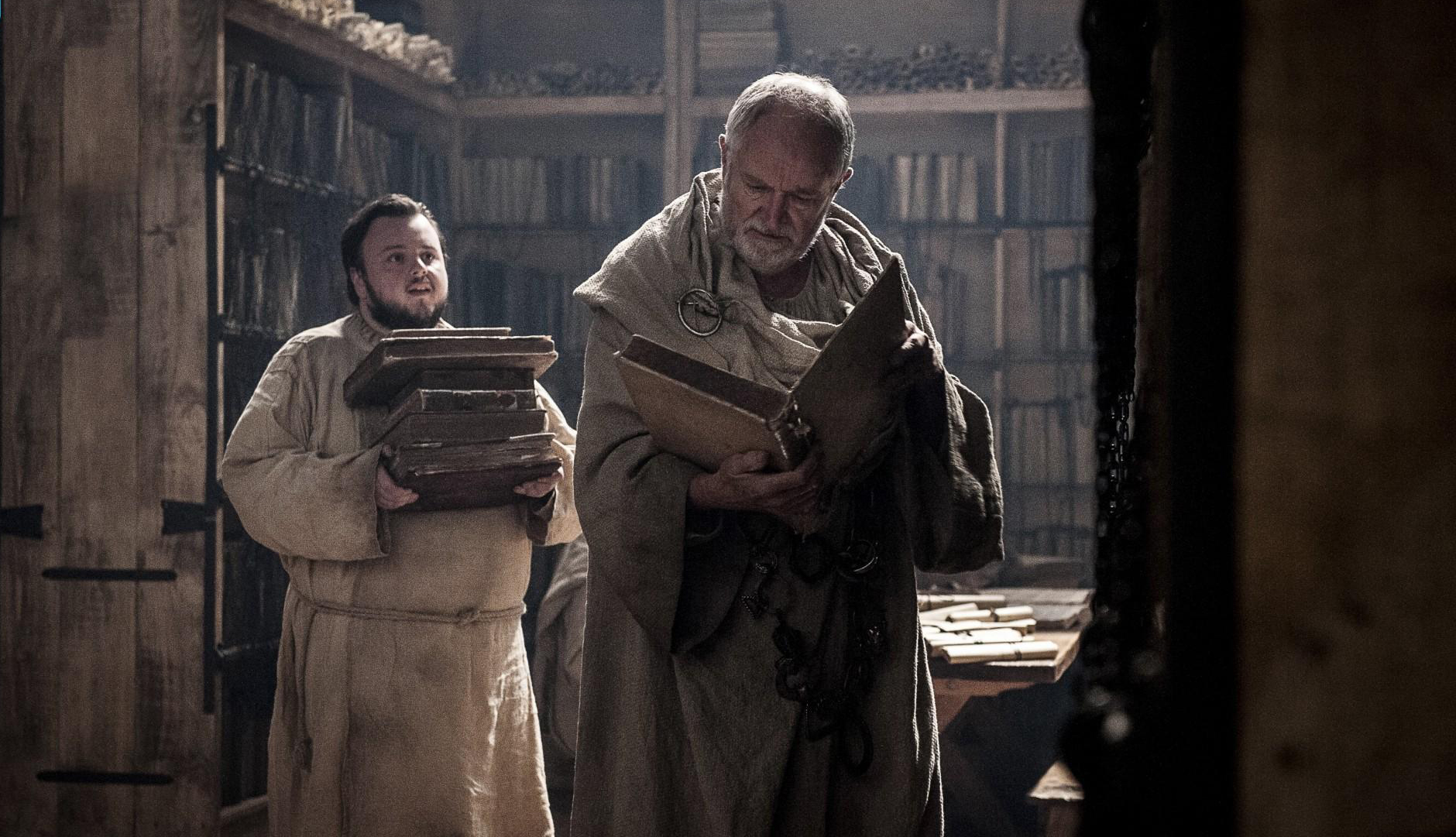 But here’s the thing: the streamlining, the anti-realism, the pivot towards those ‘water-cooler’, talking point moments, the relentless focus on the what, not the how, would be bearable, if only the remaining plot actually had some thought put into it. Perhaps it is difficult adapting a book series, without the books there to actually adapt. Certainly, it would have an effect on the dialogue and the intricacies of particular scenes. But how much can that be blamed for, say, the ridiculous ‘capture a Wight’ quest? Or for the spectacularly rushed and pointless Citadel sequences earlier in the season? The latter, far from holding some greater significance as is the case in the books, or signifying a way to bring the Maesters into the battle against the White Walkers – either they didn’t get an invite to the Dragonpit meeting, or they didn’t see fit to turn up – seemed essentially to be a way to feed Sam a few snippets of information that could be used to verify Bran’s visions, and to fast-track Jorah’s recovery from Greyscale, a supposedly incurable, fatal, disease that Sam cured simply by ‘following the instructions’ and peeling off Jorah’s skin.
But here’s the thing: the streamlining, the anti-realism, the pivot towards those ‘water-cooler’, talking point moments, the relentless focus on the what, not the how, would be bearable, if only the remaining plot actually had some thought put into it. Perhaps it is difficult adapting a book series, without the books there to actually adapt. Certainly, it would have an effect on the dialogue and the intricacies of particular scenes. But how much can that be blamed for, say, the ridiculous ‘capture a Wight’ quest? Or for the spectacularly rushed and pointless Citadel sequences earlier in the season? The latter, far from holding some greater significance as is the case in the books, or signifying a way to bring the Maesters into the battle against the White Walkers – either they didn’t get an invite to the Dragonpit meeting, or they didn’t see fit to turn up – seemed essentially to be a way to feed Sam a few snippets of information that could be used to verify Bran’s visions, and to fast-track Jorah’s recovery from Greyscale, a supposedly incurable, fatal, disease that Sam cured simply by ‘following the instructions’ and peeling off Jorah’s skin.
Quite apart from how incompetent this makes the Citadel look – how on earth was a marriage annulment for Rhaegar Targaryen, noted by the High Septon at the time, not spotted by a single Maester in the last twenty years since it happened – it was a plot that didn’t do anything to the characters involved. Sam went from inquisitive, but ultimately untrained, to inquisitive, but ultimately untrained, and Jorah went from grizzly, affectionate to Dany, and struggling to fight, to grizzly, affectionate to Dany, and struggling to fight. And if the Citadel isn’t involved in the rest of the show, then Jim Broadbent was almost literally playing a Westerosi Horace Slughorn, without much else to the character.
Those who have followed my episode reviews will have realised by this point that this isn’t a five-star review, or even a four-star one. I pay only a passing regard to the merits of a rating system – the importance of opinions, as always, is in the details, and not in a quantified, easily digestible compression of said details. Still, looking back, only ‘Beyond the Wall’ irritated me enough individually to a properly ‘bad’ rating. The rest I rated in the upper echelons – four or five out of five – implying generally impressive quality, and consistency, on par with previous seasons.
Looking back over season 7 now, that’s clearly not the case at all, but it is interesting to examine the factors that lead towards favourability, on my part and on the part of others watching. Part of it is certainly a sort of denial; pointing out the flaws – as I have done, time and time again with ever-increasing exasperation – yet not committing to a reflective rating, to convince oneself that it isn’t as bad as it seems. Part of it is the limitations of a 5-star, no half-star system, in which there are only 5 possibilities. Thrones, in spite of the manifest issues it now has, rarely immediately feels like it should be rated 60% or lower, even if in retrospect, once the excitement dies down, it seems a lot closer to that.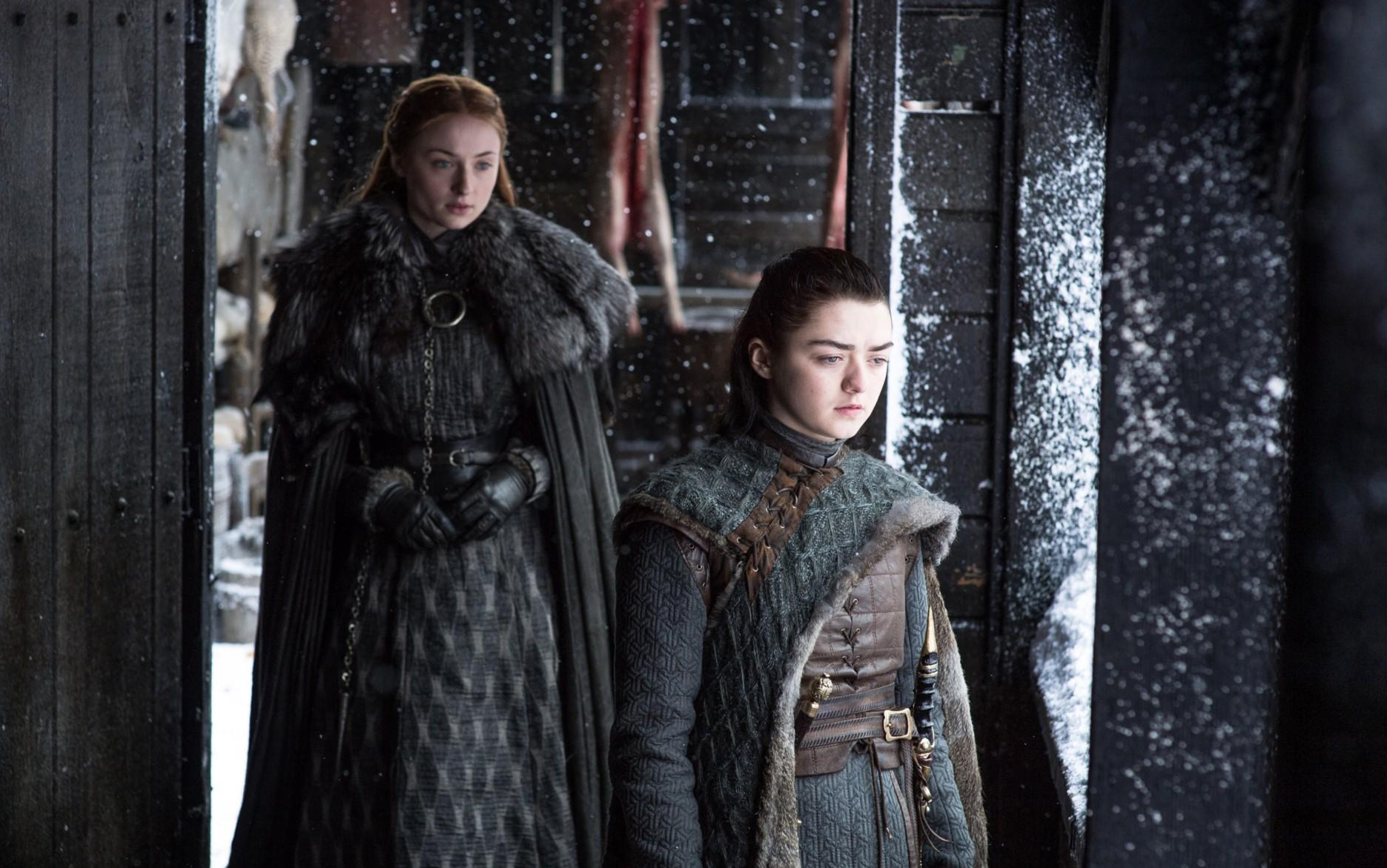 Perhaps the most significant element working in Thrones’ favour, though, is that each episode’s biggest flaws aren’t necessarily known to be flaws, until the next episode airs, and the next, and the next, until the season as a whole is over. Even now, we can’t say what season 8 will, or won’t tie up or resolve. In the moment, when viewing or reviewing episodes of anything, one has to assume the best possible version of the show’s future, of what will happen next week. That’s not to say one can predict a future far worse than that better version – a future that is indeed more likely than that which is ‘assumed’ – but it’s almost impossible to criticise the present for what’s yet to happen. How can you? You can’t criticise a striker in the first minute, for missing an open goal in the 90th; you can’t criticise a season finale plot-point, until the season finale itself airs. Given it’s medieval-esque context, Thrones exists in a perpetual ‘fog of war’, and so there is always the possibility that ‘next week’ will fix the issues of this week. The show has come to embody the old phrase ‘it’s the hope that kills you’. The possibility of an effective resolution is always there, and that potential positivity, or at least uncertainty, seeps into discussion of the show.
Perhaps the most significant element working in Thrones’ favour, though, is that each episode’s biggest flaws aren’t necessarily known to be flaws, until the next episode airs, and the next, and the next, until the season as a whole is over. Even now, we can’t say what season 8 will, or won’t tie up or resolve. In the moment, when viewing or reviewing episodes of anything, one has to assume the best possible version of the show’s future, of what will happen next week. That’s not to say one can predict a future far worse than that better version – a future that is indeed more likely than that which is ‘assumed’ – but it’s almost impossible to criticise the present for what’s yet to happen. How can you? You can’t criticise a striker in the first minute, for missing an open goal in the 90th; you can’t criticise a season finale plot-point, until the season finale itself airs. Given it’s medieval-esque context, Thrones exists in a perpetual ‘fog of war’, and so there is always the possibility that ‘next week’ will fix the issues of this week. The show has come to embody the old phrase ‘it’s the hope that kills you’. The possibility of an effective resolution is always there, and that potential positivity, or at least uncertainty, seeps into discussion of the show.
Even one of the major positives of the season has a caveat. Season 7 has looked spectacular, realising some scenes with a glossy appearance unrivalled amongst television, and of a quality that wouldn’t look that bad in a Hollywood blockbuster. But that, in a way, amplifies the problem, and that hollow nature mentioned previously. Look at any of the Avengers films, or really, most big-budget blockbusters and you’ll see the same problem; all the visual effects in the world mean nothing, if there isn’t really anything at stake. If those characters that the audience is emotionally invested in are automatically safe, then it doesn’t matter how much CGI destruction is wreaked. Conversely, something like War for the Planet of the Apes – and indeed, the other two films in that superb trilogy – proves that CGI and VFX can matter, provided it comes alongside strong and consistent character work.
The mention of character brings me around to the cast itself. Usually this is the point in my season reviews of the show where I point out the brilliance of the acting on Thrones, a consistently good part of the show across both the halcyon days of seasons 1 to 4 and the flawed seasons 5 and 6. Yet this time around, I wouldn’t say there is anyone who has innovated in their performances, who has developed another layer to their characters within their mannerisms and delivery. At best, most of the cast have stagnated alongside the show itself. At the other end of the scale, some have certainly gotten worse.
Maisie Williams has always done a good job of portraying Arya’s internal inconsistency, of showing the two sides to her. She might be exceedingly tough, she might be a killer, but she is, or was, still fundamentally a child. Williams’ performance until season 7 appreciated that, with Arya’s chemistry with various anchor characters – the Hound, Jaqen, Gendry, Lady Crane – and with her potential vulnerability or naivety, even as she grew stronger. She wasn’t a ‘dumb child’ trope or anything remotely like that, but nor was she ‘Arya Stark, international assassin’. Yet now it seems like that’s exactly what she’s meant to be; generically tough, aloof and mysterious, capable of appearing magically in doorways, a knife-wielding executioner who can beat a fighter like Brienne of Tarth off the back of the equivalent of a few fencing lessons and a gap year. And Williams’ performance, once the core element driving Arya as a good character, has matched that generic nature. Her season 7 Arya seems as hollow as the show, strutting around threateningly with nothing to stop her.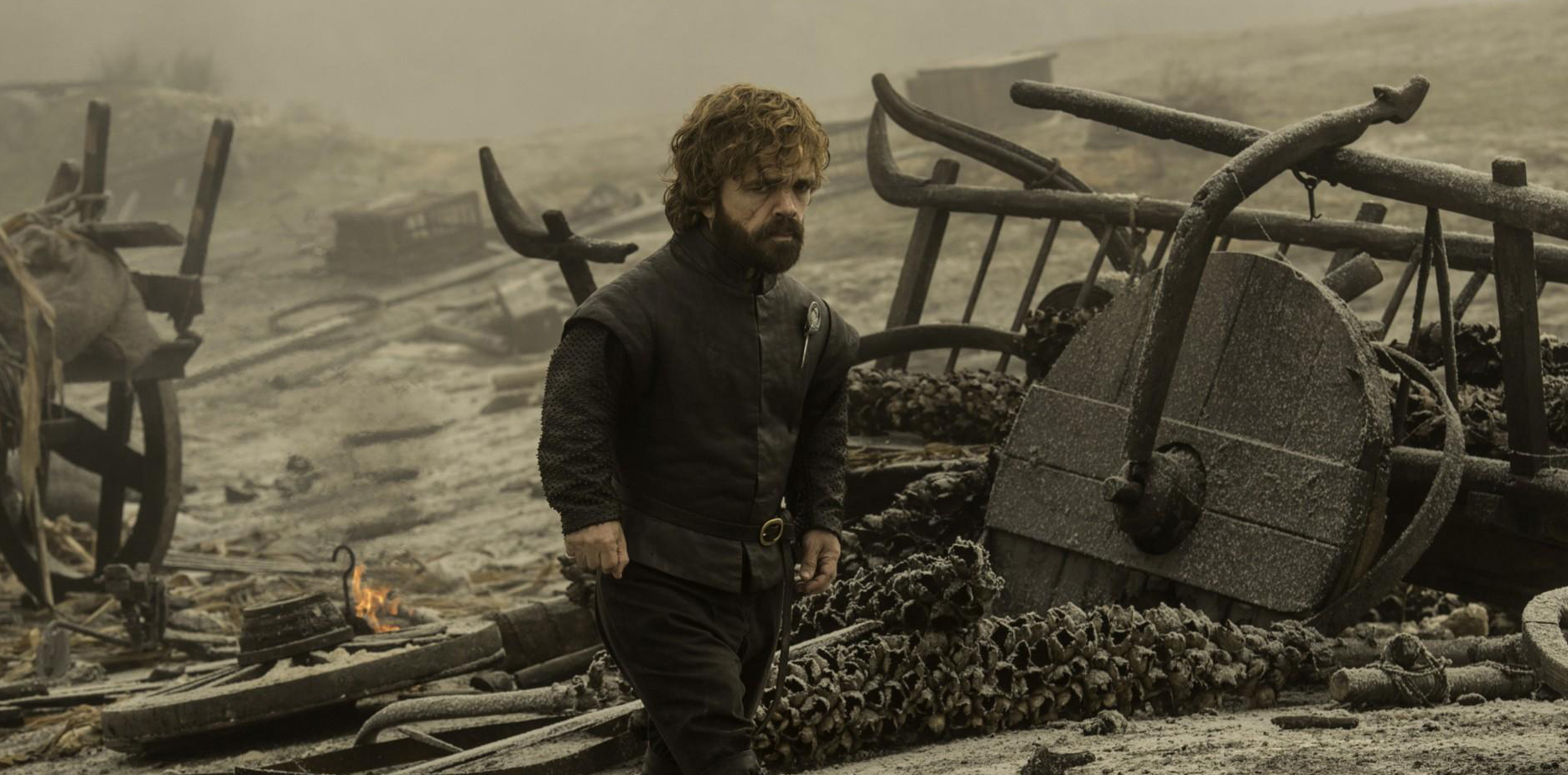 Other characters got more one-dimensional without it necessarily being the fault of the actors; in particular, the ‘political’ characters all saw their roles diminished, in differing ways. Tyrion suffered the least, as the most significant character, and thus the one with the most to fall back onto outside of the scheming. Still, his arc for the season was odd, largely seeming to be a case of showing him as completely inept, failing time and time again to put together remotely good plans. Varys has become an absolutely irrelevant character, with no discernible purpose, limited appearances, and with no hint of his ostensible role as a spymaster. Melisandre warns him that he, like her, will die in Westeros – ‘this strange country’ – but if this was the plan for him, it would have been better to have killed him off back in Meereen.
Other characters got more one-dimensional without it necessarily being the fault of the actors; in particular, the ‘political’ characters all saw their roles diminished, in differing ways. Tyrion suffered the least, as the most significant character, and thus the one with the most to fall back onto outside of the scheming. Still, his arc for the season was odd, largely seeming to be a case of showing him as completely inept, failing time and time again to put together remotely good plans. Varys has become an absolutely irrelevant character, with no discernible purpose, limited appearances, and with no hint of his ostensible role as a spymaster. Melisandre warns him that he, like her, will die in Westeros – ‘this strange country’ – but if this was the plan for him, it would have been better to have killed him off back in Meereen.
Littlefinger ended up scheming till the end, yet his schemes within season 7 were largely a case of playing for time before the writers decided it was time to kill him off. He was trying to play people who the ‘old’ Littlefinger would know he had no chance of playing: Bran, who gave clear indication that he knew enough of Littlefinger’s King’s Landing machinations, somehow – Littlefinger didn’t need to know how, just that Bran knew, to know to not try a second time; Arya, who was so opaquely distrusting of Littlefinger that he should’ve just tried to have her killed through assassination, not execution; and Sansa, who has known all about him from the start, and who has indeed been complicit in some of his schemes, and so would obviously be able to dispose of him should she so choose. The fact that Baelish’s demise boils down to Scooby Doo – “And I would have gotten away with it too, if it weren’t for you meddling kids” – really says it all.
Melisandre received the simplest solution of all, as she was shipped off to Volantis. As aforementioned, she’s meant to return to die, but given the Rickon precedent from season 6, that could be all she comes back for.
Cersei’s absolute villainy, having destroyed any checks on her power last season, left little room for Lena Headey to expand on. Sansa, meanwhile, was portrayed convincingly enough by Sophie Turner, yet has seen absolutely no progression as a character from the woefully misjudged Bolton arc. The rape scene, as I wrote at the time, wasn’t the issue itself, it was that she simply never should have been sent there. Yet for the Winterfell plot to work, she still had to pretend she was in Littlefinger’s thrall, that she valued his advice, when the beginning of the season had done a good job of effectively showing how she now outranked him, and how irrelevant he had become.
It feels like, going into the final season, a kind of Stockholm Syndrome will have gripped a large part of the Thrones viewership. There will be those for whom this version of the show is incredible, for whom the enjoyment is in the excitement. Fair enough. There is certainly enough excitement, and more surely is on the way whenever season 8 airs. But for others of us, it seems a case of both filling the time until The Winds of Winter arrives – if it arrives – and, really, of just seeing the story through to the end. Having come this far, it would be a tough decision for anyone to jump off now, and so there isn’t really a choice. It’s just a matter of trying to enjoy the wild ride the show now is. But if season 8 is anything like season 7, that might be hard to do.
★★★

